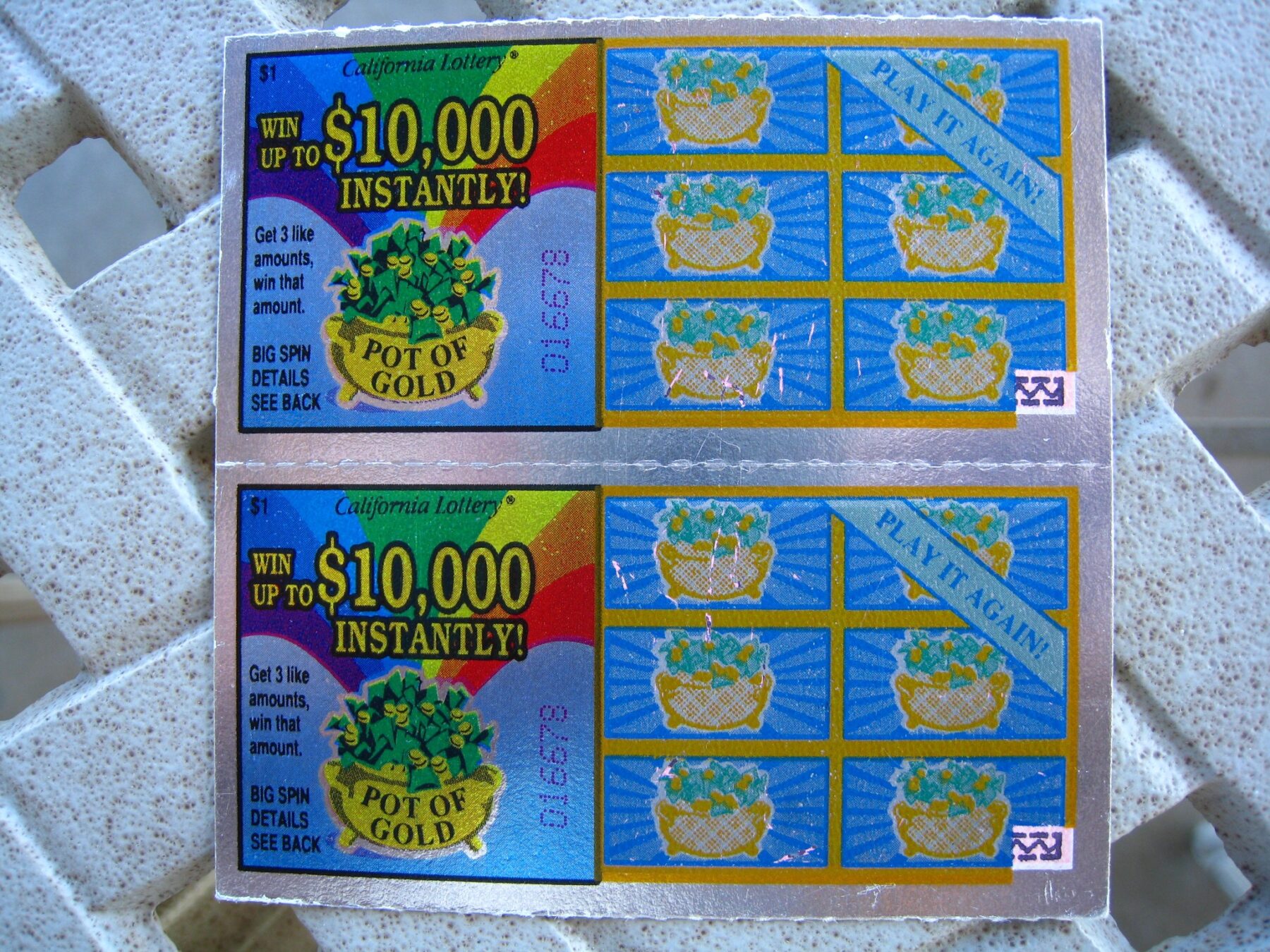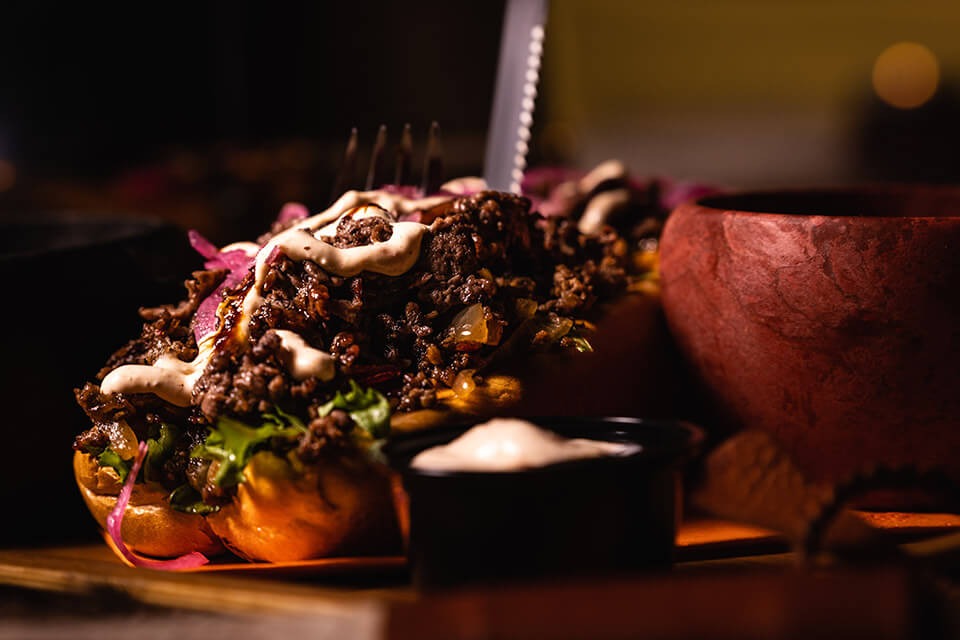Standing in line at the convenience store, she grabs a scratch-off ticket. Not for the jackpot dream, but for something smaller and more immediate—five seconds of pure possibility. This ritual, repeated by millions of women across the UK and US, reveals more about modern loneliness than any dating app statistic ever could.
The Numbers Tell a Story
Women’s gambling patterns reveal emotional, not financial motivations.
Nearly half of women in the UK have gambled in the past month, according to the Gambling Commission, with scratch-offs ranking among the most popular choices. Peak participation occurs among women aged 35-54, though engagement spans all adult demographics.
Unlike their male counterparts, women tend to play longer once engaged, though problematic gambling rates remain lower overall. This pattern suggests something beyond mere chance-seeking.
The Dopamine Transaction
Scratch-offs deliver neurochemical relief from emotional overwhelm.
Each scratch triggers a brief dopamine surge—that anticipation high—providing momentary escape from daily isolation or stress. Research shows women frequently use this micro-gambling as emotional regulation, particularly during periods of loneliness or anxiety.
Rather than winning money, they’re purchasing agency. For someone feeling invisible in relationships or powerless at work, scratching that silver coating represents choice, however small. Each ticket becomes a tiny rebellion against circumstances beyond control.
The Privacy Factor
Self-soothing rituals work best without social scrutiny.
Unlike other coping mechanisms—wine, shopping, therapy—scratch-offs happen quietly. No bartender to judge, no credit card bills to explain, no appointment scheduling required.
This discretion appeals particularly to women managing family stress or chronic overwhelm. The behavior mirrors other comfort rituals like late-night ice cream or mindless scrolling, but with the added element of possibility.
Reading the Real Message
The ritual reflects universal needs for excitement and hope.
This isn’t pathology—it’s human nature seeking magic in mundane circumstances. Like comfort food or beloved morning coffee routines, scratch-offs patch emotional gaps with accessible indulgence.
The real story isn’t about gambling addiction but about women finding moments of potential in lives that feel predictable or constrained. Understanding these motivations offers insight into addressing deeper needs for connection and agency.


















